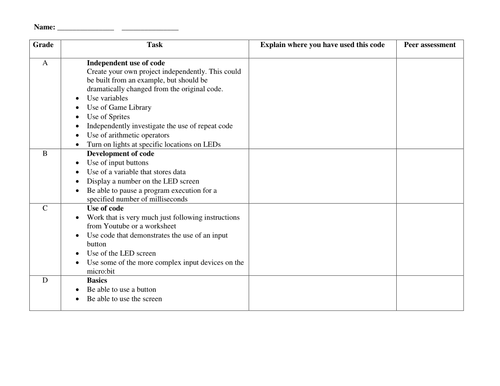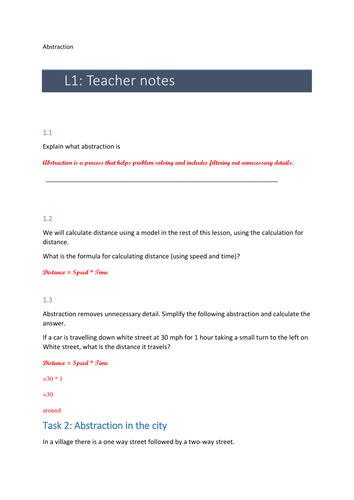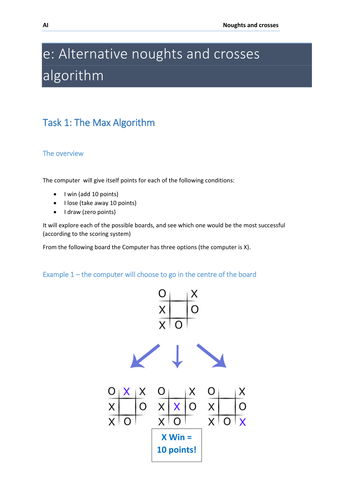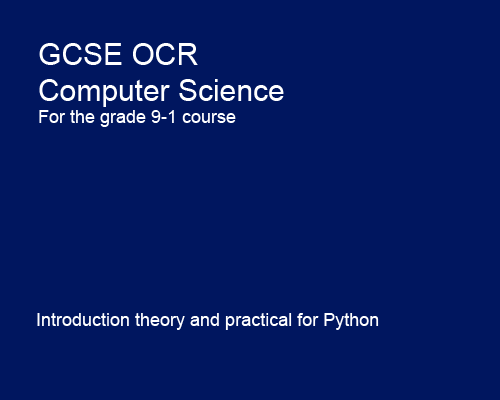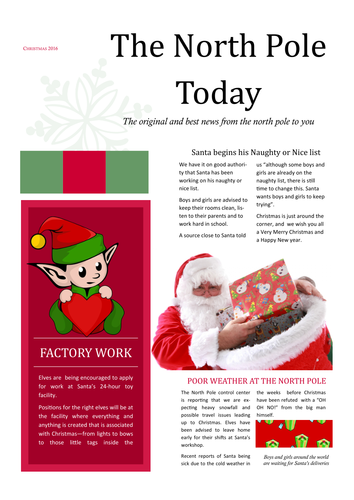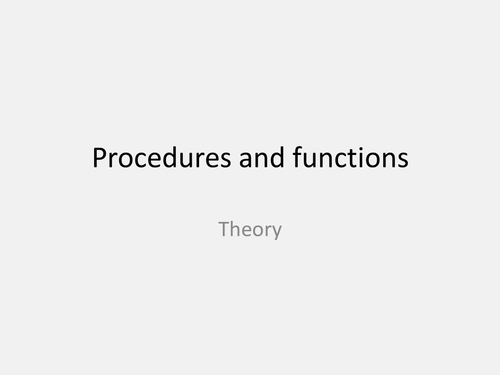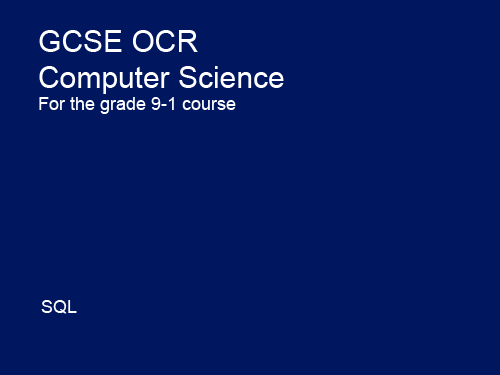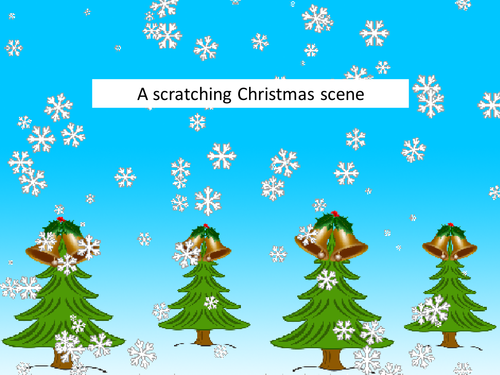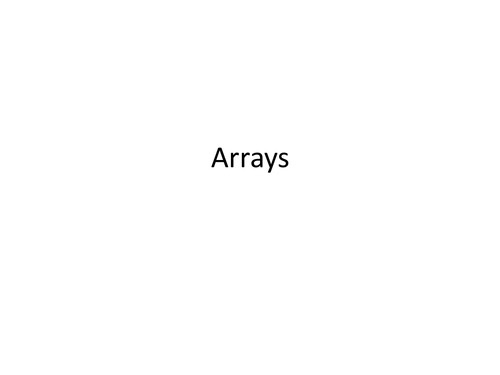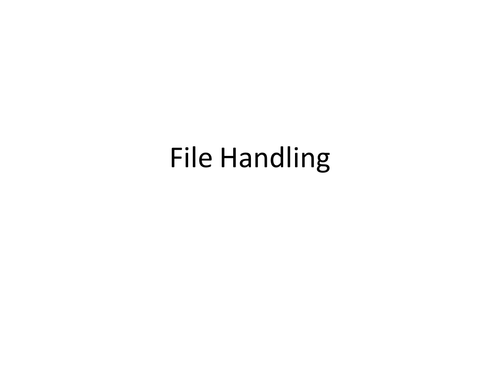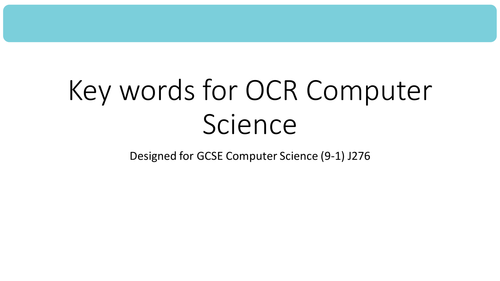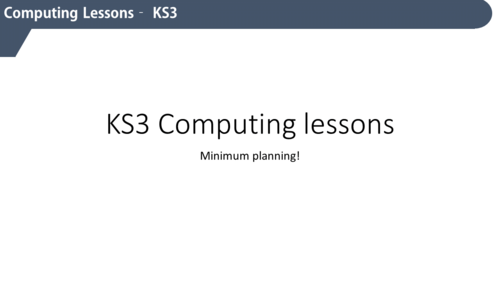
546Uploads
232k+Views
81k+Downloads
Computing

AppInventor Computing Programming Scheme of work for KS3
Full scheme of work including video tutorials for each section.
5 lessons including Assessment sheet. This resource has 23 separate files, all the preparation is done so pretty much all you have to do is check it over and go!
Includes all resources and potential exam questions that can be set for homework or for a test.

Pokémon GO Viruses, Malware Computing lesson for KS3 and KS4
Students learn about how installing Apps onto mobile phones needs some consideration.
Learning objectives:
o Be aware that Apps from alternative sources may not be safe
o Understand that you exchange some element of privacy in exchange for using Apps on a phone
The narrative flow of the lesson follows the following:
• How malware is installed on computers
• How malware is social engineering - making people install Pokémon go from other sources is dangerous
• Pokémon Go is actually known as malware for some people!
• Pokémon Go was just the type of App that people were excited to get they would take risks for: but was this worth it?

micro:bit (microbit) three lesson KS3 Scheme of work (SoW)
Three lesson scheme of work for KS3 including worksheet and explainations!
Each lesson has video support

Abstraction Computing Lesson for KS3
Two different ways of teaching abstraction to a Key Stage 3 audience.
One way is by using logos and Photoshop (Abstraction and Logo Design).
The other included way is by creating a model in Microsoft Excel (Abstractionmodel).
Both very successful lessons to explain this important concept.

MiniMax algorithm for KS3 / GCSE / A-level
A lesson that can really stretch able students and discuss the MiniMax algorithm based around a naughts and crosses game.
This worksheet needs to be completed on a computer as the students will drag and drop the playing pieces on the worksheet.
Bundle

Introduction - GCSE Computer Science OCR 9-1 Programming with Python
A complete bundle for OCR 9-1, introducing Python. Has both theory and practical lessons; could be spread over one, two or three lessons as suitable for your context.

Christmas Newsletter with Publisher (KS2 / KS3)
Create a newsletter from the North Pole with Microsoft Publisher. Full instructions provided, works on both ICT and English skills for a fun session!

Procedures and functions theory for GCSE Computer Science
The full lesson includes worksheet, plenary and homework.
This resource is not based on any particular programming language, so is applicable for any particular language you choose.

SQL - GCSE Computer Science OCR 9-1- Programming techniques
Teaches the requirements for GCSE Computer science, and uses a Microsoft Access (database included) to execute SQL commands.
2.2 Programming techniques
The use of SQL to search for data
SELECT
FROM
WHERE
LIKE
AND
OR
wildcards
Bundle

Arrays - GCSE Computer Science OCR 9-1 Programming with Python
A complete bundle for OCR 9-1, arrays in Python. Covers both one dimensional and two dimensional arrays.
Has both theory and practical lessons; could be spread over two, three or more lessons as suitable for your context.
Take the stress away from your lesson preparation; this bundle is really the way to go.

A Scratching (Scratch) Christmas scene - make it snow!
Everything here for a great KS2 or KS3 scratch lesson.
Make the snow fall in a fun snow scene.
All assets are included as we learn how to make the snow fall in this fun Xmas themed lesson!

Santa's Race - A Scratch Game
A tutorial to make a race game with
Santa as the star!
All assets are included, as well as
extension tasks.

Arrays theory for GCSE Computer Science
Teaches students about arrays.
There is also a supporting (free for ever) article about arrays on Medium to support your teaching: https://studeappsblog.medium.com/programming-with-arrays-298d0e594353.
This resource is not based on any particular programming language, so is applicable for any particular language you choose.
It can feel tricky to teach this topic. These resources are there to help you, with the same support that is always avaliable for you when you purchase on of StudeApp’s resources.
Helps with the use of arrays (or equivalent) when solving problems, including both one and two dimensional
arrays.

Arrays (lists) practical for GCSE Computer Science using Python
Teaches students about arrays (lists).
The full lesson includes booklet and homework.
Practical session based around a 60 minute lesson.
This resource uses Python version 3.4

PowerPoint snow blizzard animation for Christmas
A PowerPoint animation guide for creating a festive snow animation using PowerPoint.
Bundle

A very Python Christmas
A selection of resources to bring a bit of Christmas cheer into your computing classroom.
Designed for Python
Suitable for all levels of students, particularly KS3 and KS4 although some resources may be suitable for KS2.

Files theory for GCSE Computer Science
Teaches students about basic file handing including the basic operations; open, read and write.
This resource is not based on any particular programming language, so is applicable for any particular language you choose.

45 General Key words for GCSE Computer Science for OCR (9-1) J276
Designed for Designed for OCR GCSE Computer Science (9-1) J276.
Contains 45 Key words.
Featured as part of a great time saving bundle: GCSE Computer Science for OCR (9-1) J276 lessons without the planning.

15 Complete KS3 Computing lessons
15 complete computing lessons ; the idea behind these are that you can just take them and deliver them.
Ready to go! Complete with worksheets for the students. Fully aligned to the KS3 Computing curriculum.
Lessons included:
- Artificial intelligence
- Cinema challenge
- Database challenge
- Die Hard puzzle
- Einstein’s riddle
- E-safety
- Google Search
- Hardware
- The Law
- Robotics
- Tablet Design
- Theme Park
- Website comparison
- Boolean Logic
- Programming
- Software Piracy
Topics covered:
Computational abstractions
Key algorithms
Programming
Boolean logic
Hardware and software
Instructions within a computer system
Data storage
Creative projects
Digital artefacts
E-Safety
Bundle

GCSE Computer Science for OCR (9-1) J276 lessons without the planning
45 Key words
Revision and challenge cards
Starter slides
These resources will save you hours of planning. Better still - they are aligned to GCSE Computer Science OCR (9-1) J276.



